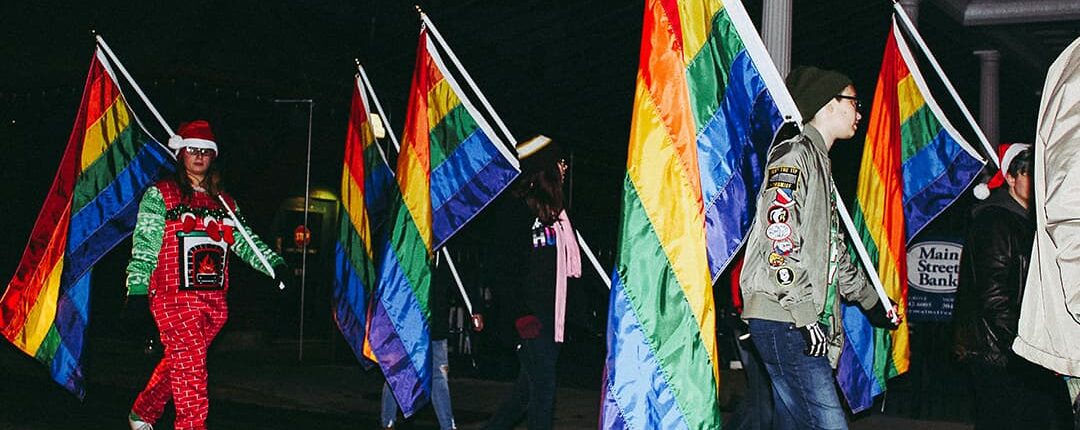Under the leadership of EPOA, Europride grew and united Pride organizations from different countries of Western Europe. At the conference, the Rome Pride organization voiced the idea of making Europride a global phenomenon and establishing a World Pride. EPOA welcomed this idea and presented it at the International Pride Network conference in New York. In 2000, the first World Pride took place in Rome.
In parallel to World Pride, Europride continued to exist, taking place in Vienna, Cologne, Manchester, Hamburg, Oslo, Madrid, Zurich and repeated in London and Stockholm. A change came in 2005 when Poland, and in particular the mayor of Warsaw, refused to allow the organizers of the Equality March to organize a march.
The organizer of the march, Tomasz Baczkowski, sued Poland in the European Court of Human Rights. Two years after the ban, the court announced a ruling that the ban contravened human rights. This was the first precedent where the court ruled that participation in Pride was a fundamental right. EPOA still appeals to this decision when any government tries to ban an event.
In 2010, Europride was held for the first time in the former communist country, Poland. In 2015, Latvia became the first post-Soviet country to host a EuroPride. The European Pride events held in Riga and Warsaw attracted many more visitors than the national marches, which had a positive impact on the annual attendance figures of the Warsaw and Riga Pride events.
In future years, EuroPride will be held in much safer cities – Marseille, again in Oslo, London, Amsterdam and Vienna – but this does not necessarily mean that holding the event in a relatively protected environment reduces the opportunity for powerful messaging and effective campaign planning. EuroPride has always tried to attract the most diverse audience possible, activists, civil society leaders, politicians, personalities of global importance and to organize some mixture of activism and a celebratory march.
At the 2019 conference in Bilbao, four cities expressed their desire to host EuroPride 2022: Barcelona, Belgrade, Dublin, Lisbon and Porto also expressed this together. All four candidates presented their arguments, plan and ideas for cultural events through which they planned to conduct and promote human rights campaigns.
In the end, Belgrade Pride’s candidacy won by a clear margin and received the support of 70% of EPOA members. This situation is not surprising given Belgrade Pride’s history – events that took place almost 20 years ago, despite the accompanying protests, have been replaced by much more peaceful events in recent years. Despite these significant changes, LGBTQ rights in Serbia are still far from all right – Serbia is ahead of more than half of European countries on the European human rights map, the Southeastern European country still has a long way to go.
EuroPride 2022 is a kind of symbolic expression of the path taken by the event – the movement that started in London in 1992, during the breakup of Yugoslavia and the formation of the Republic of Serbia, is now taking place in a new country on the road to equality.
EuroPride has come a long way, and in parallel the legal status of LGBTQ people in Europe has been changing. There is still a long way to go, which in the end should lead us to maximize the protection of equality, and this is easier to imagine with united forces.
